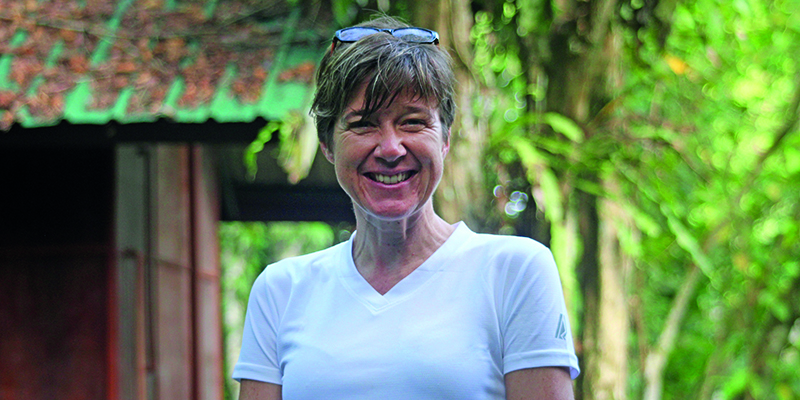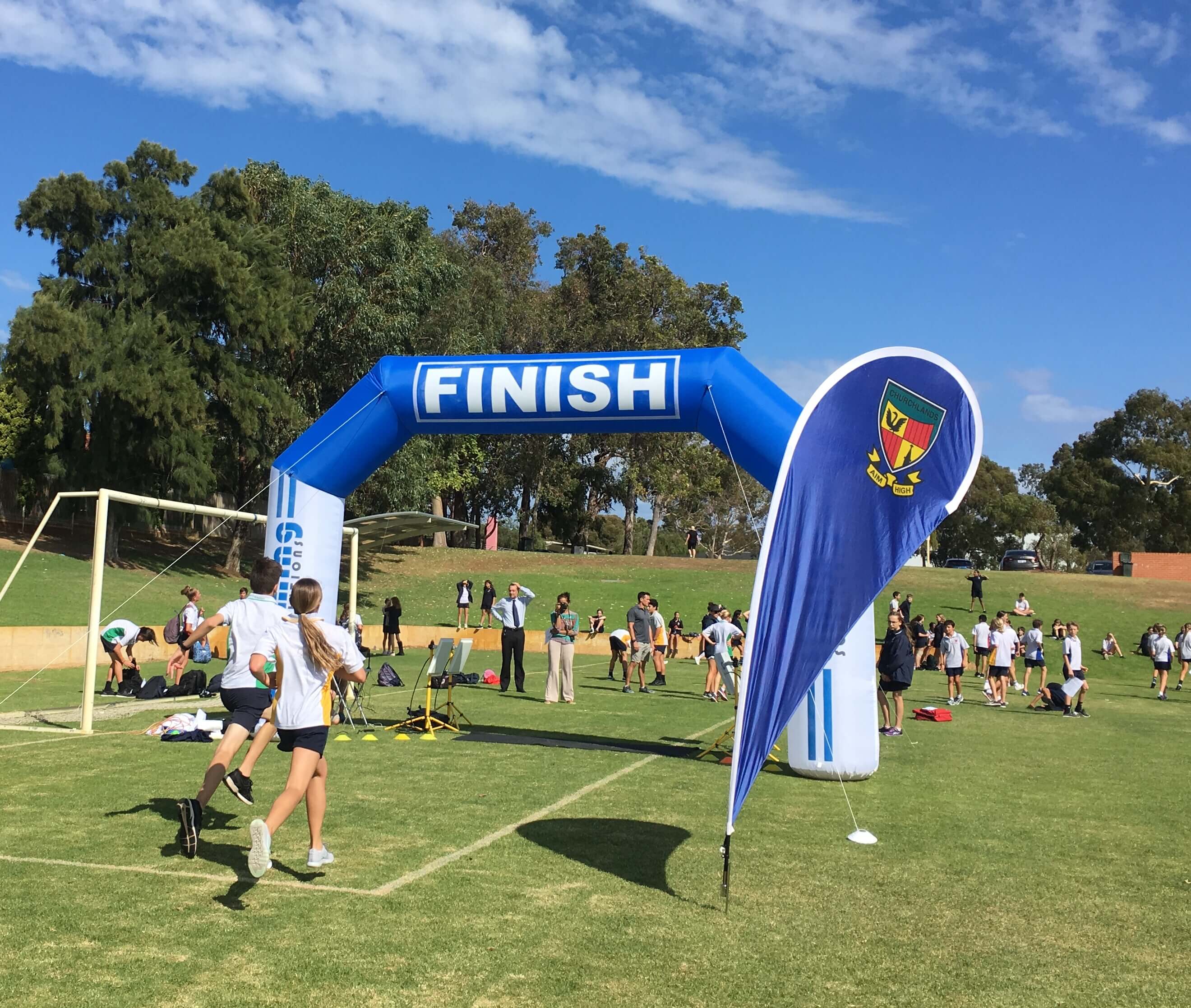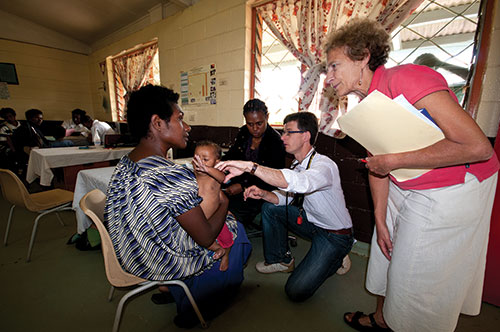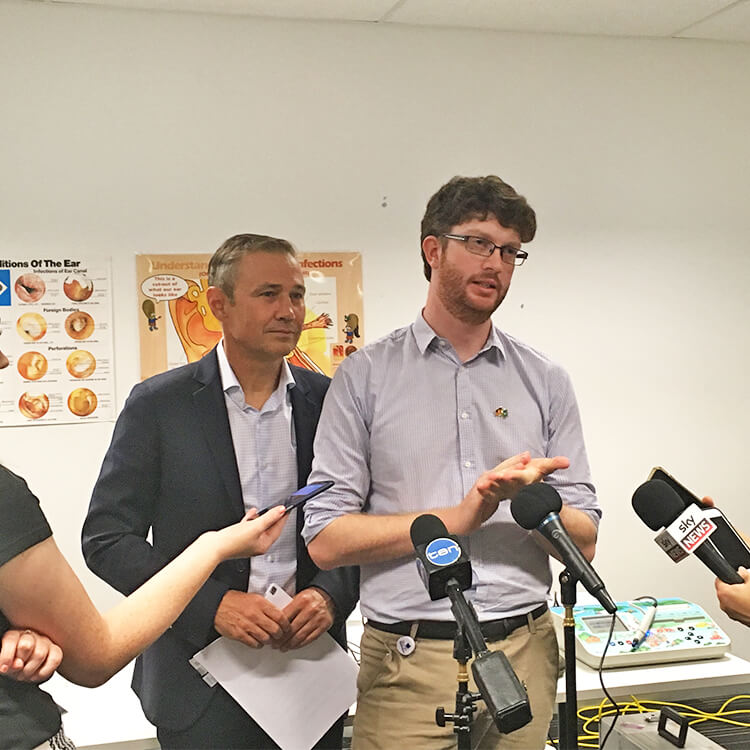Search

News & Events
Point-of-care Strep A tests set to save lives in remote settingsInstant diagnosis and treatment of potentially life-threatening Strep A infections is now very close to reality across Australia’s remote and regional areas thanks to molecular point-of-care testing (POCT) that slashes result times from five days to just minutes.

News & Events
RSV responsible for one out of every 50 childhood deaths worldwideThe urgency for a world-first respiratory syncytial virus vaccine is at an all-time high.

News & Events
Australia one step closer to COVID-19 shot for under 5sAustralia’s TGA has granted a provisional determination to Pfizer, allowing the pharmaceutical company to apply for approval to extend its COVID-19 vaccine to children aged 6 mths - 4 yrs.

News & Events
Ear Explorers shows latest video technology helps ear disease diagnosisFindings from The Kids Research Institute Australia’s ‘Ear Explorers’ real-life research project undertaken as part of the 2019 Telethon weekend, found short videos were more helpful than photos when making a diagnosis.

News & Events
COVID-19 risks explained for babies, children and pregnant womenMany parents may be feeling anxious and confused about what COVID-19 means for pregnant women, babies and children.

News & Events
Bill & Melinda Gates Foundation Grant aims to prevent deadly infections in early lifeNewborn babies and their fragile immune systems struggle to fight off nasty infections such as septicaemia, pneumonia and gastroenteritis.

News & Events
Churchlands High School Fun Run hits $30,000Over 1000 Year 7 and 8 students from Churchlands Senior High School laced up their running shoes yesterday for their annual Fun Run raising money for the Wesfarmers Centre of Vaccines and Infectious Diseases.

News & Events
Help us build a new weapon in the fight against deadly fluAt just two years old, Lucy lost her fight against flu. With your generous help, we can finally beat influenza.

News & Events
The Kids Research Institute Australia researcher recognised for saving children in PNGClinical Associate Professor Deborah Lehmann has been recognised for her dedication to reducing the burden of infectious diseases in Papua New Guinea (PNG) with an award supporting research in the Western Pacific named in her honour.

News & Events
New ear health study music to the ears of Aboriginal childrenWait times for Aboriginal children suffering ear infections could be reduced to less than four weeks thanks to a new The Kids Research Institute Australia research project
